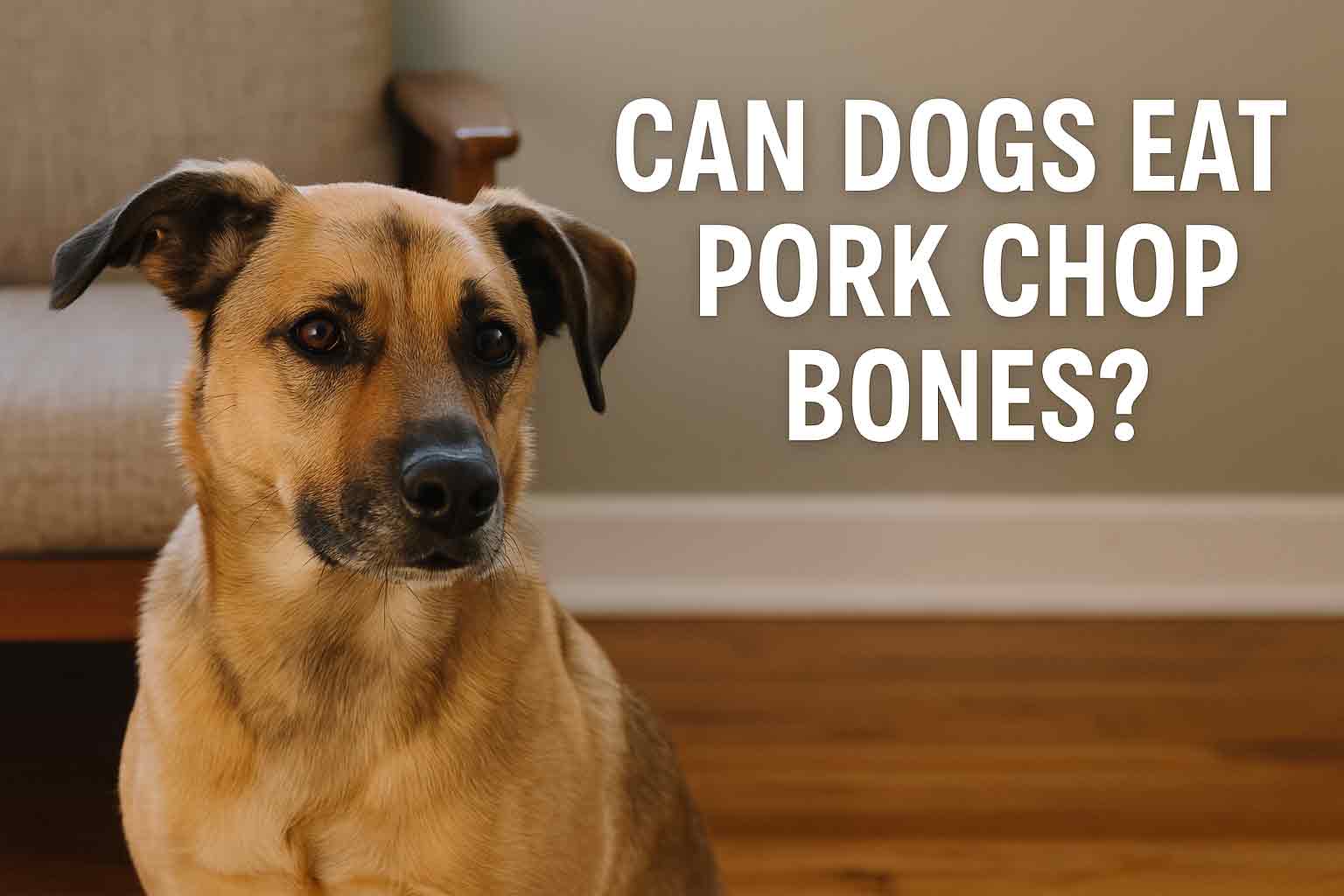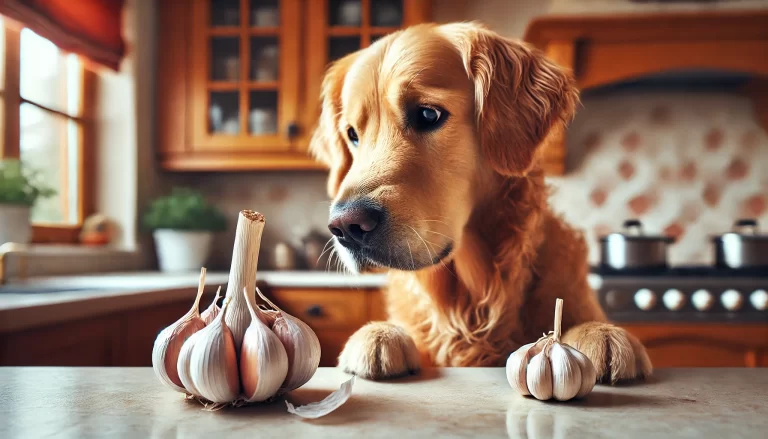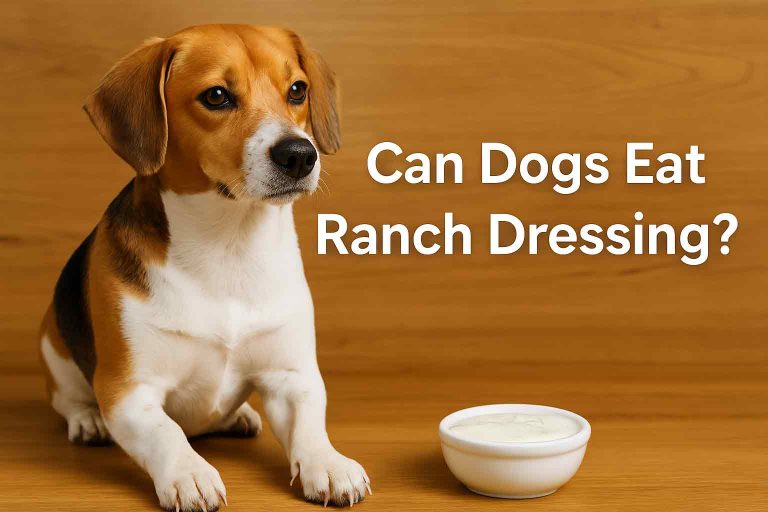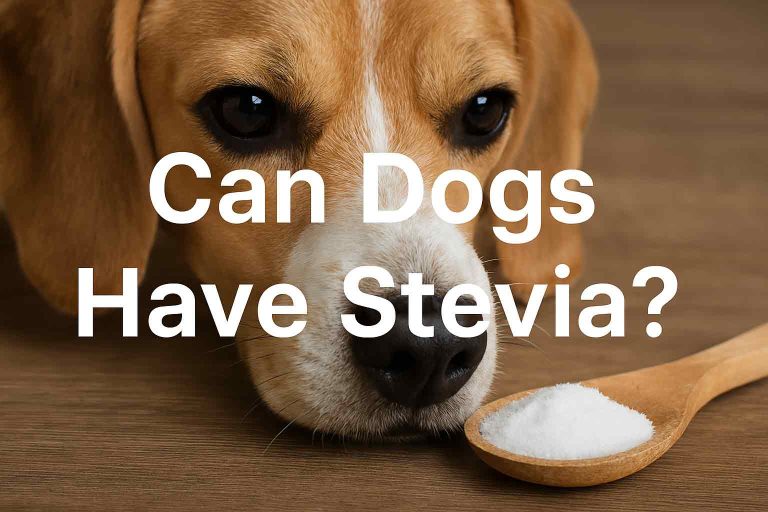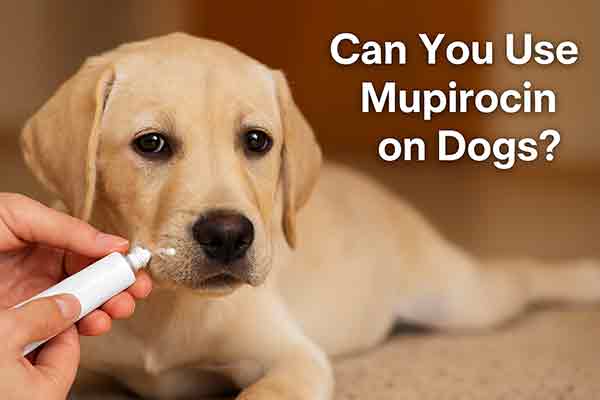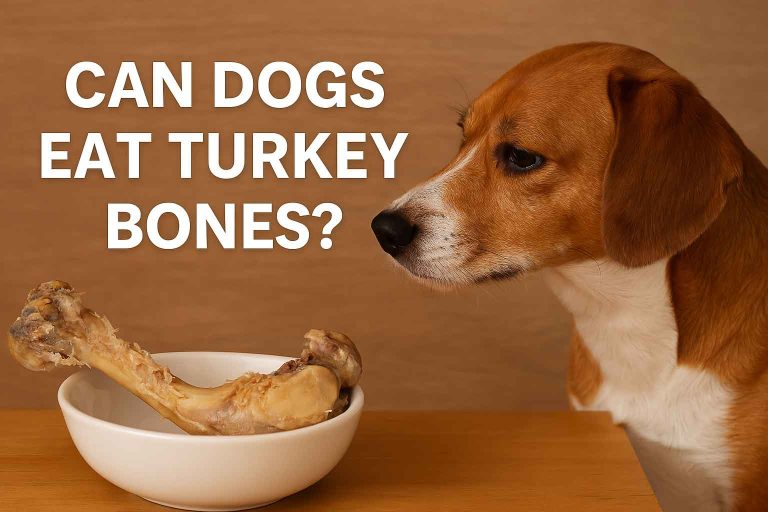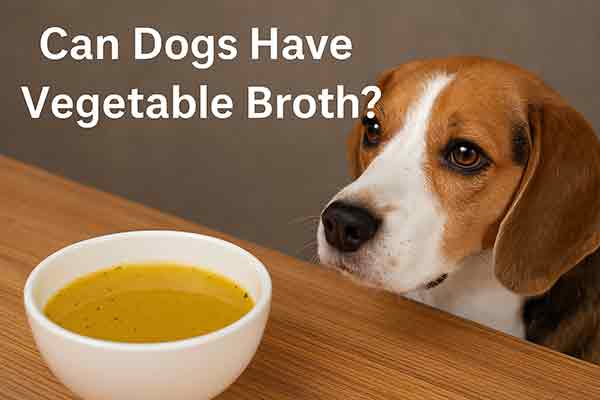Can Dogs Eat Pork Chop Bones? A Must-Read Guide for Pet Owners
Table of Contents
- 1. Introduction
- 2. Are Pork Chop Bones Safe for Dogs?
- 3. The Difference Between Cooked and Raw Pork Bones
- 4. Risks of Giving Pork Chop Bones to Dogs
- 5. Signs Your Dog May Be in Trouble After Eating a Pork Bone
- 6. What to Do if Your Dog Eats a Pork Chop Bone
- 7. Safe Alternatives to Pork Bones
- 8. Tips for Preventing Bone-Related Accidents
- 9. FAQs About Dogs and Bones
- 10. Final Verdict: Can Dogs Eat Pork Chop Bones?
- 11. Key Takeaways
1. Introduction
If you’ve ever finished a delicious pork chop dinner and noticed your furry companion staring longingly at the bone on your plate, you might have wondered, can dogs eat pork chop bones? While it may seem natural to give your dog a bone, not all bones are safe—especially pork bones. In this guide, we’ll explore the facts, risks, and safe alternatives every dog owner should know.
2. Are Pork Chop Bones Safe for Dogs?
The short answer is no. Pork chop bones, especially when cooked, pose a significant risk to dogs. Although dogs have a reputation for chewing on bones, not all bones are created equal. Pork bones, whether from ribs or chops, are particularly dangerous due to their tendency to splinter.
3. The Difference Between Cooked and Raw Pork Bones
Cooked Pork Bones
Cooked bones become brittle and are much more likely to splinter into sharp fragments when chewed. These shards can:
- Damage your dog’s mouth and gums
- Cause choking or airway obstruction
- Lead to internal injuries like punctured intestines
Raw Pork Bones
Raw pork bones are slightly less risky, but still not recommended. They can carry harmful bacteria like salmonella or E. coli, and depending on the bone’s size and shape, they may still splinter or become lodged in your dog’s throat or digestive tract.
4. Risks of Giving Pork Chop Bones to Dogs
Feeding your dog pork chop bones—especially cooked ones—can result in a number of serious health issues:
1. Choking Hazard
Bone fragments can block your dog’s airway, leading to choking or even suffocation if not treated immediately.
2. Internal Blockages
Sharp bone pieces can lodge in the esophagus, stomach, or intestines, causing painful and sometimes fatal blockages.
3. Perforation of the Digestive Tract
If sharp bone shards pierce the digestive lining, this can lead to internal bleeding, infections, and emergency surgery.
4. Dental Damage
Hard bones can break teeth or damage gums, leading to pain and expensive veterinary dental care.
5. Bacterial Contamination
Even if the bone doesn’t splinter, raw pork bones may carry bacteria that can make your dog sick.
5. Signs Your Dog May Be in Trouble After Eating a Pork Bone
If your dog gets hold of a pork chop bone, watch for the following symptoms:
- Gagging or choking
- Drooling excessively
- Vomiting or retching
- Lethargy or signs of pain
- Refusal to eat or drink
- Constipation or bloody stool
If you notice any of these signs, contact your veterinarian immediately.
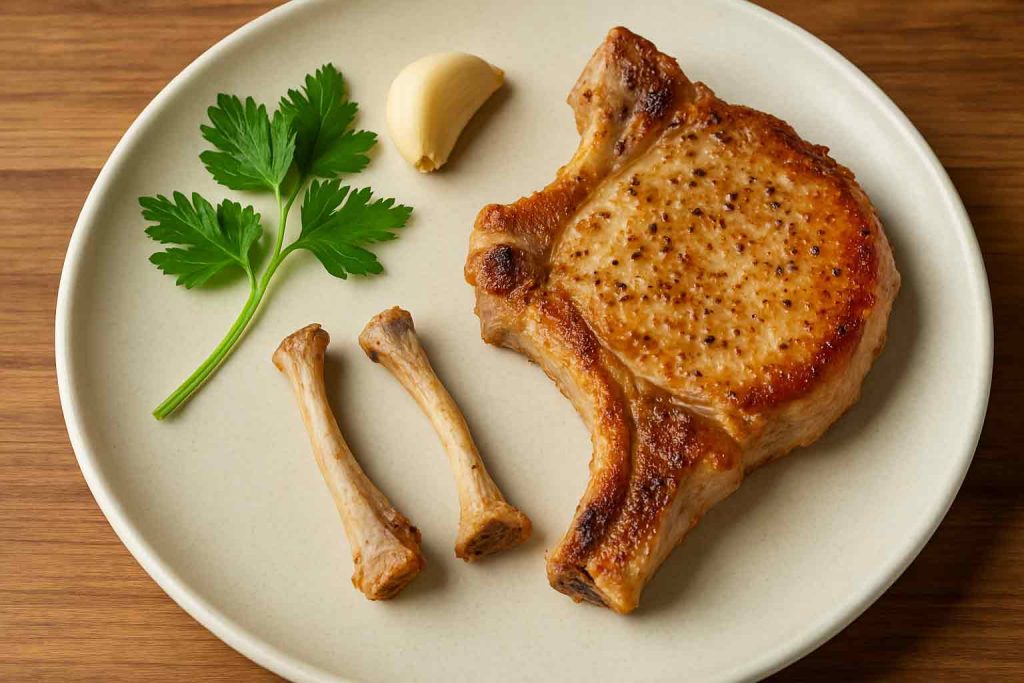
6. What to Do if Your Dog Eats a Pork Chop Bone
Stay Calm
Panicking won’t help you or your dog. Assess the situation quickly.
Don’t Try to Induce Vomiting
Bone fragments can cause more damage coming back up.
Monitor Closely
If your dog swallowed the bone without immediate issues, watch them closely for at least 48 hours.
Call Your Vet
Always call your veterinarian for guidance. They may recommend a precautionary visit, X-rays, or specific dietary changes to help pass the bone safely.
7. Safe Alternatives to Pork Bones
Rather than risking it with pork chop bones, try these safe options:
- Raw carrots or celery: Great for chewing and good for their teeth.
- Commercial dental chews: Specially designed for dogs to chew safely.
- Nylon or rubber bones: Durable, long-lasting, and safe.
- Vet-approved raw bones: If you still prefer natural bones, ask your vet for recommendations.
8. Tips for Preventing Bone-Related Accidents
- Dispose of bones immediately: Don’t leave bones on plates or countertops.
- Educate family members: Make sure everyone knows not to give bones to the dog.
- Keep trash secured: Dogs often rummage for bones in garbage bins.
- Use baby gates or barriers: Keep dogs out of dining areas when pork is on the menu.
9. FAQs About Dogs and Bones
Can dogs eat any bones?
Yes, some raw bones are safe under veterinary supervision, like beef knuckle bones. Avoid cooked bones entirely.
Are pork rib bones okay?
No. Pork rib bones are just as brittle and dangerous as pork chop bones.
What about pork ears or pig hooves?
These are often found in pet stores and are safer than bones, but they should still be given in moderation and under supervision.
10. Final Verdict: Can Dogs Eat Pork Chop Bones?
No, dogs should not eat pork chop bones. While the idea may seem natural, the risks far outweigh any potential benefit. From choking hazards to internal damage and bacterial contamination, pork bones pose serious threats to your dog’s health. Safer alternatives exist and can keep your pup happy without the risk.
11. Key Takeaways
- Pork chop bones, especially cooked ones, are dangerous for dogs.
- Risks include choking, internal injury, dental damage, and bacterial infections.
- If your dog eats a pork bone, monitor them and call your vet immediately.
- Safer alternatives include rubber chews, carrots, and vet-approved treats.
- Always prioritize your dog’s health and safety over well-meaning scraps.
By staying informed and cautious, you can keep your dog safe while still treating them to things they love.

